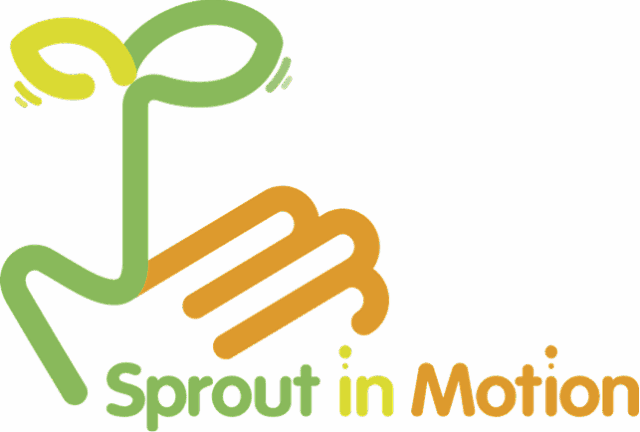Applied Behavior Analysis (ABA) Therapy
Applied behavior analysis (ABA) is the application of behavioral principles such as positive reinforcement, shaping, prompting, and task analysis. These ABA procedures are evidence-based and founded on scientific research. Our team of trilingual BCBA therapists is committed to delivering the results that your child deserves in their early years.

Areas of focus
-

Social skills
-

Adaptive skills
-

Behavioral management
-

Communication and language abilities
-

Learning skills
-

Play and leisure skills
Therapeutic Benefits
Formats & Settings

1-1 ABA treatment
1:1 ABA treatment is designed to increase communication, play, self-care, social, motor and adaptive skills. We build on each child’s interests and strengths using both structured and natural opportunities to improve their essential skills. During the intervention period, clinical data will be recorded in time, teaching strategies will be adjusted to promote the child’s core skills, and progress reports will be provided regularly.

School Readiness Groups
School readiness group is an important component of your child’s ABA treatment. Our group programs prepare children to learn more effectively in the classroom in preparation for their learning in the mainstream school environment.

School Observation & consultation
For pre-school and school-age children with behavioral challenges or learning difficulties in mainstream settings, we provide clinical assessment and intervention consultation, as well as support and collaboration with classroom teachers and other professionals to help children better access the school curriculum and mainstream inclusion.

School Shadowing
School shadowing services aim to create a supportive and inclusive educational environment, allowing students to thrive academically and socially. Sprout’s ABA Team Support collaborates with schools and families to provide comprehensive support.
Learn moreOur Specialist
-

Liao Min
Head of ABA team & Senior Behavioral Therapist
-

Ming Tang
Senior Behavioral Therapist
-

Suki Lau
Senior Behavioral Therapist
-

Sara Yang
Senior Behavioral Therapist
-

Rheal Chan
Behavioral Therapist
-

Christy Chan
Behavioral Therapist
-

Isai So
Senior Behavioral Therapist & Psycho-hypnotherapist
-

Yinyi Yeung
Behavioral Therapist & Psychometrist
-

Crystal Lau
Senior Behaviour Therapist (BCaBA)
-

Sam Cheung
Behavioral Therapist
Therapy scenarios
Service Fee
Applied Behavior Therapy
| Therapists | 60 mins | 90 mins | 120 mins |
|---|---|---|---|
| Head of ABA | HK$2,000 | HK$3,000 | HK$4,000 |
| BCBA Therapist | HK$1,500 | HK$2,250 | HK$3,000 |
| ABA Therapist | HK$1,000 | HK$1,500 | HK$2,000 |
Discounted School ABA Services Fees – Minimum 10 days
| Therapists | 60 mins | 2.5 hours | 5 hours |
|---|---|---|---|
| Senior Behavior Therapist(BCBA/IBA) | HK$1,500 | HK$3,000 | HK$6,000 |
| Behavior Therapist | HK$1,000 | HK$2,000 | HK$4,000 |
Frequently Asked Questions
How long does ABA therapy last?
The duration of ABA therapy varies based on individual needs, goals, and progress. Some children may receive therapy for a few hours a week, while others might have more intensive support over several months or years.
How is progress measured in ABA therapy?
Progress is monitored through ongoing data collection, which tracks the frequency and quality of targeted behaviors. This data helps guide adjustments to the intervention as needed.
What types of behaviors can ABA therapy address?
ABA therapy can address a wide range of behaviors, including communication difficulties, social skills deficits, self-regulation issues, repetitive behaviors, and problematic behaviors like aggression or self-injury.




